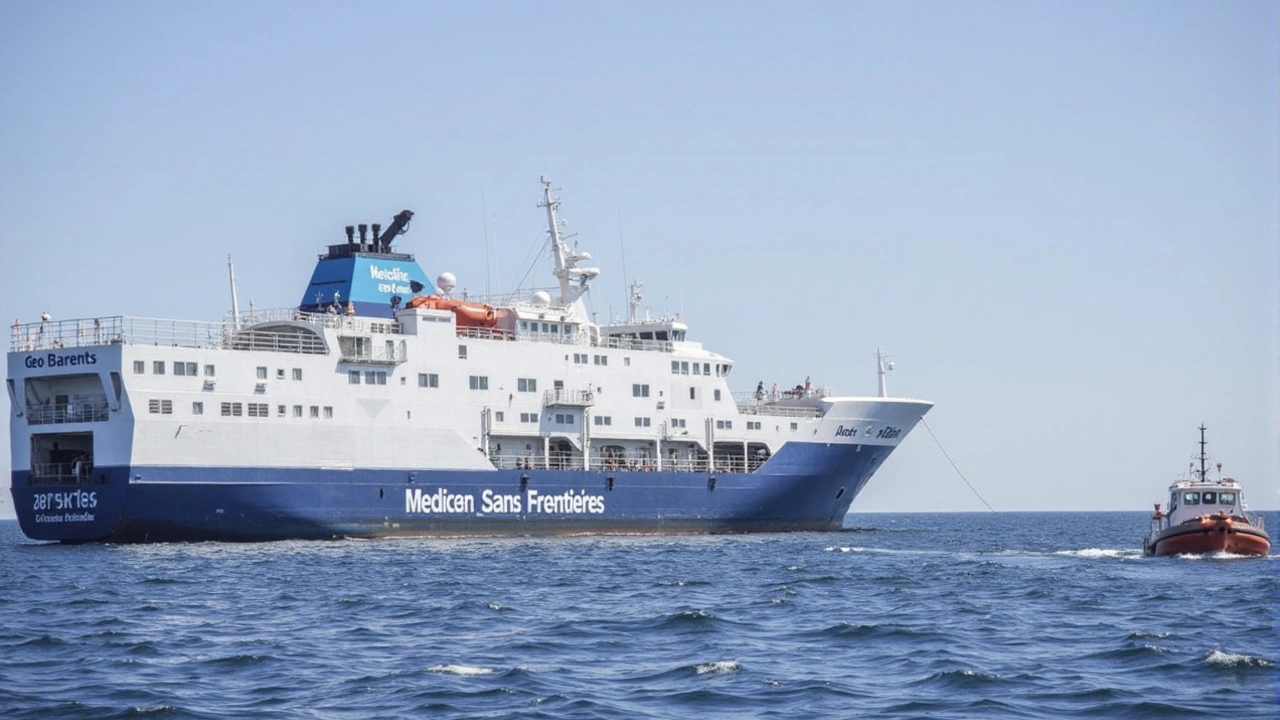Sea Rescue: Keeping Our Coasts Safe and Lives Protected
When emergencies happen at sea, quick and effective rescue operations can make all the difference. Sea rescue teams work hard to save lives, whether it's helping stranded swimmers, boaters, or responding to accidents during storms. Understanding their efforts helps us appreciate the risks involved and encourages safer behavior near water.
Sea rescue isn’t just about dramatic boat saves; it also covers beach patrols, water safety education, and early warning systems for dangerous weather. Communities relying on fishing or tourism often invest in this protection to keep both locals and visitors safe. Knowing the basics of sea rescue can empower you to act quickly in emergencies or avoid risky situations altogether.
How Sea Rescue Teams Operate
Rescue teams often include lifeguards, coast guards, and volunteer groups trained in water safety and first aid. They use boats, helicopters, and sometimes drones to locate and assist people in danger. Speed matters a lot because the sea can change conditions rapidly. These teams practice regularly to handle tough rescues, like rough waves or poor visibility.
Besides responding to emergencies, sea rescue units run drills with the community and share information on safe swimming zones, rip currents, and boat handling. Some places even have apps or alert systems letting you know if the water is safe that day. Staying informed helps reduce risky incidents and keeps the rescue teams from being overwhelmed.
What You Can Do to Help
Anyone near the water can be part of the safety effort. Learning how to spot signs of a swimmer in trouble and calling for help quickly can save lives before professional rescuers arrive. Wearing life jackets, following local warnings, and knowing swimming limits are simple steps that make a big difference.
Also, spread the word about sea safety with friends and family. Many accidents happen because people don’t realize small risks can become big problems fast. Understanding basic sea rescue practices means everyone can enjoy the water with more confidence and fewer emergencies.
Sea rescue is a tough, urgent job done by dedicated people to protect lives and keep our shorelines safe. By staying aware and prepared, we all play a part in making the coastline safer for everyone.

Italian authorities detained the MSF-operated rescue ship Sea Watch-5, hindering humanitarian missions in the Central Mediterranean. This is the 24th instance since a 2023 law enabling detainment on spurious grounds. Critics argue that the policy endangers lives by obstructing essential rescue efforts in one of the world's deadliest migration routes.
Read More